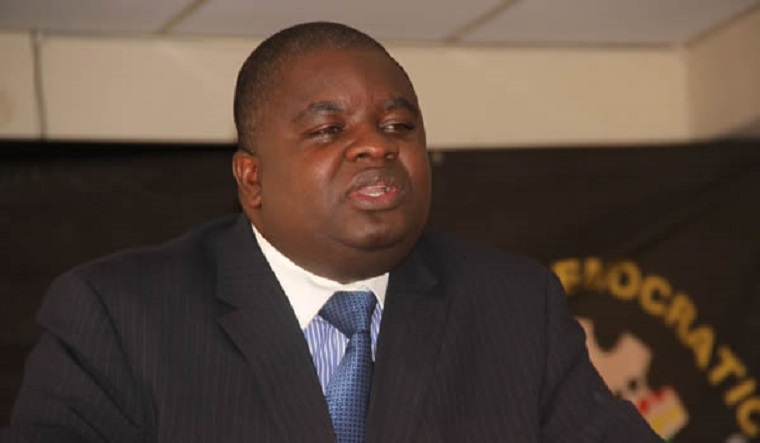THE HON. SPEAKER: Order, order. The Legislature is not composed of the Speaker, it is composed of Parliament. So, it is Parliament that must censure, not the Speaker. Thank you.
HON. DR. MASHAKADA: Thank you Hon. Speaker for your guidance. Be that as it may, my point is that this House must censure the Executive for unauthorised borrowing. Across the board, we are all Hon. Members, let us censure the Executive. One worrying statistic is on the Treasury bills, which have risen from $2.1 billion as at 2016, just two years ago, now it stands at $7.6 billion Treasury bills which were issued. In terms of percentage growth, this is a growth from 4.4% of GDP to 36.5% of GDP, which is only on Treasury bills.
I must explain what Treasury bills are for the benefit of this House. Mr. Speaker Sir, when the Government creates a deficit, it can borrow from three sources, maybe four. It can borrow from us as individual people, the private sector and institutional investors like pension funds and so on. I have already said it can also borrow from the Reserve Bank. In order to do that, it issues a paper which is almost like a promissory note, an ‘I owe you, I promise to pay.’ It floats that paper which we call Treasury bill, it is a short term instrument whose tenure is 12 months. It floats that on the market then people hold that paper and give the Government money. After 12 months, that Treasury has a coupon rate at which it will be redeemed. However, what has been happening is that, because the Government does not have enough money, it has rolled over these Treasury bills and has not been redeeming most of them when their maturity date comes.
Treasury bills are different from bonds; bonds are long term instruments, but these are short term borrowing instruments. I am saying, in the short term they have borrowed from $2.3 billion in 2016 to $7.6 billion as at August 2018. It is a worrying trend. Domestic debt on its own, out of the total debt, which I talked about of $16.9 billion, domestic debt on its own is $9.5 billion from $275.8 billion in 2012. It has jumped significantly.
I talk of external debt. We have two types of external debts. The first type of debt is what we call multilateral debt that we owe to the IMF, the World Bank, the African Development Bank and European Investment Bank; that is a multilateral debt which is in arrears to the tune of $2.5 billion. It is a combination of the Word bank, the IMF, African Development Bank. The other arm of the debt which constitutes $2.8 billion, we owe it to the Paris Club. This is a group of creditor countries, bilateral creditors for example, if we have a debt with France, German, Italy et cetera. These kind of creditors have come together to protect their interests to chess debtors like Zimbabwe. They have called themselves the Paris Club and we owe them $2.8 billion. We need to service the Paris Club debt and the Multilateral Institution debt. What is very important is the multilateral debt because without addressing that, it can cause problems for you to unlock commercial loans and any other loans. This gives a cue to creditors. I will explain what the alternatives could be in this regard.
Continued next page
(660 VIEWS)


